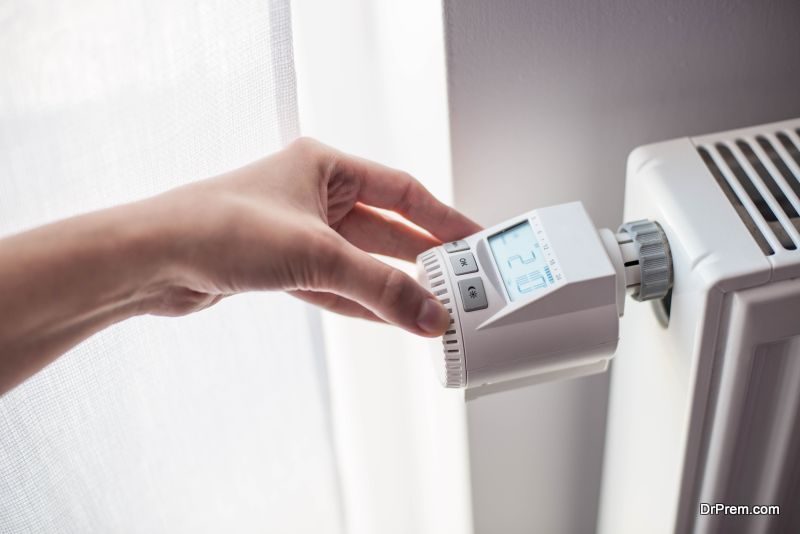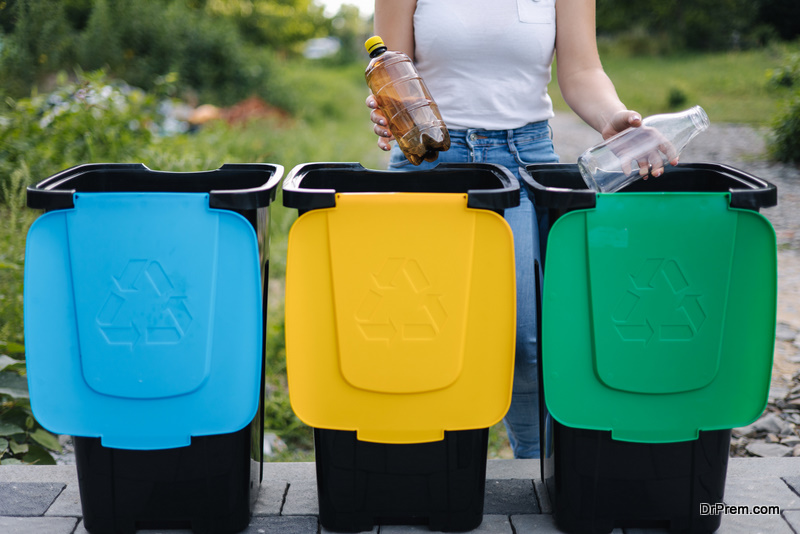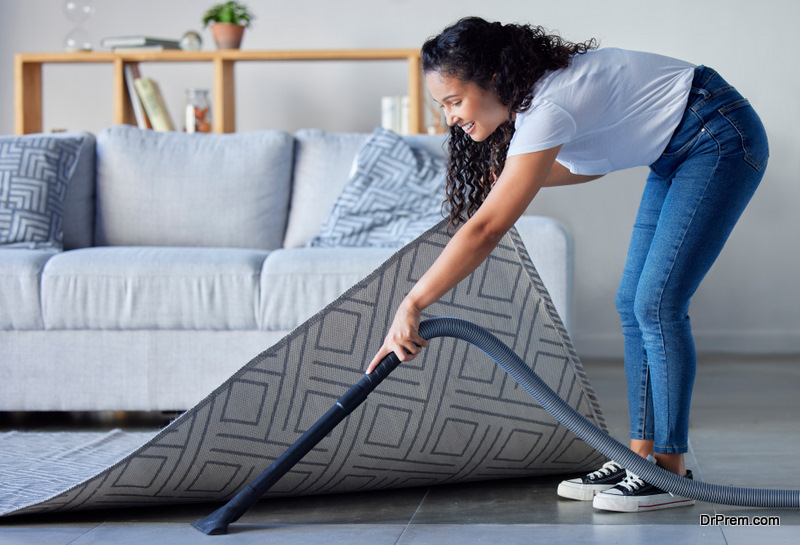Managing a portfolio of rental properties typically means conducting maintenance, repairs, and occasional renovations. You’ll need to fix all the little things that go wrong with your property, practice preventative maintenance to avoid those issues, and periodically make upgrades so your properties are more attractive to potential tenants.
Of course, if you’re concerned about environmental sustainability, or if you want to make your property seem as environmentally friendly as possible to prospective tenants, it’s important to enact measures to keep your property maintenance habits sustainable.
What exactly does it take to improve maintenance sustainability in your property management strategy?
The Value of Effective Property Maintenance

Maintenance comes with the territory of property management. Things can and will go wrong in your property, and it’s your responsibility as a landlord or property manager to fix them. In pursuit of profitability, the most important strategy is to minimize monetary and time expenses associated with maintenance so you can keep the property in good condition at a minimal premium. This typically means working proactively to keep your property in good shape to avoid more substantial issues down the road. It also means fixing things comprehensively and correctly, rather than making duct tape, patchwork, temporary fixes.
Still, there are many ways in which bad or poorly conceived proactive maintenance habits can be detrimental to the environment.
How to Keep Your Property Maintenance Sustainable
What steps can you take to keep your property maintenance sustainable?
1. Choose your Contractors Carefully
One of the most important strategies you can follow is to choose your contractors carefully. Some contractors and subcontractors specifically choose environmentally friendly materials and engage in habits designed to preserve and protect the environment. Others treat environmental sustainability as an unnecessary priority, and they conduct haphazard work as a result. Look for maintenance and repair professionals who will comply with your vision for environmental sustainability.
2. Plan Renovations Intelligently
Renovations and upgrades to your properties can be valuable investments, increasing the value of your properties, increasing the rent prices you can charge, and improving prospective tenant appeal. However, certain renovations can produce a lot of waste and cause superfluous material expenditure. You’ll need to weigh these costs and benefits carefully before planning any renovation.
3. Improve Insulation and Insulative Capacity
If you’re interested in minimizing the total environmental impact of your rental property portfolio, consider focusing on improving insulation and insulative capacity in your units. When your walls are appropriately insulated, and you take care of air leaks around doors and windows, you can heat or cool your home using far less energy. Over the long term, this can have a massively positive impact on the environment, even if your tenants run their heater and air conditioner almost constantly. Insulation can also make a huge difference in energy bills, Making your properties even more appealing to prospective tenants.
4. Install Smarter Appliances

Similarly, it’s a good idea to install smarter appliances whenever you have the opportunity. Newer, more technologically advanced appliances are capable of doing the same work with far less energy, again reducing energy bills and making far less of an environmental impact. The only caveat here is that replacing an appliance typically produces significant, bulky waste; if your existing appliances are in perfect working condition and they’re reasonably energy efficient, there’s no reason to go out and replace them with a model just because it’s newer. On the other hand, if your appliances are decades old or not working properly, use that as an excuse to make an energy-efficient upgrade. While you’re at it, consider installing a smart thermostat so your tenants can have much more control over their energy usage.
5. Encourage Conservation
Encourage the conservation of resources within your properties. Simple changes, like installing low-flow shower heads, can simultaneously reduce utility bills and protect the environment. You may also want to educate your tenants on best practices for energy and resource conservation in your area.
6. Practice Proactive Rather than Reactive Maintenance
Generally, it’s more efficient and less expensive to practice proactive maintenance, rather than reactive maintenance. Replacing a small component of a large, complicated machine can sometimes keep it running for additional years, helping you avoid or at least delay the need to replace the entire unit.
7. Manage Waste

Repairs and renovations create significant waste by default. Sometimes, this is an inevitability. However, it’s imperative that you practice responsible waste management and disposal. Follow all recommended guidelines for recycling or disposing of the waste you produce.
These strategies and others can help you stay on top of your property maintenance, repairs, and upgrades without negatively affecting the environment. If implemented correctly, these strategies should be able to save you money, increase tenant appeal, and protect the environment, all at the same time.
Article by Community Writer.




